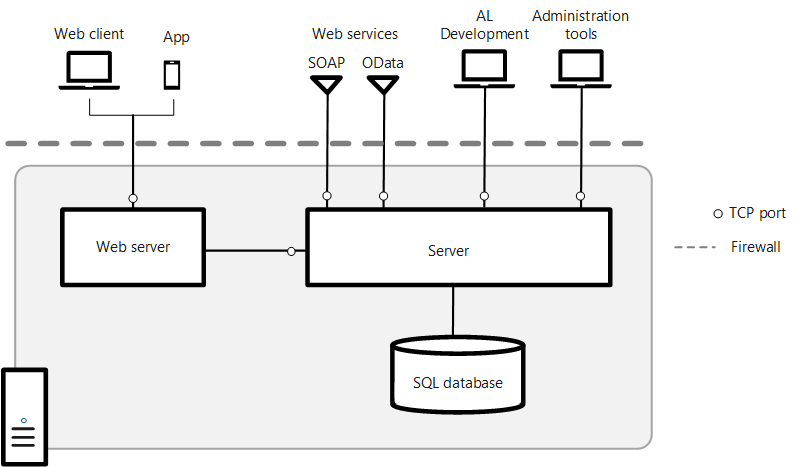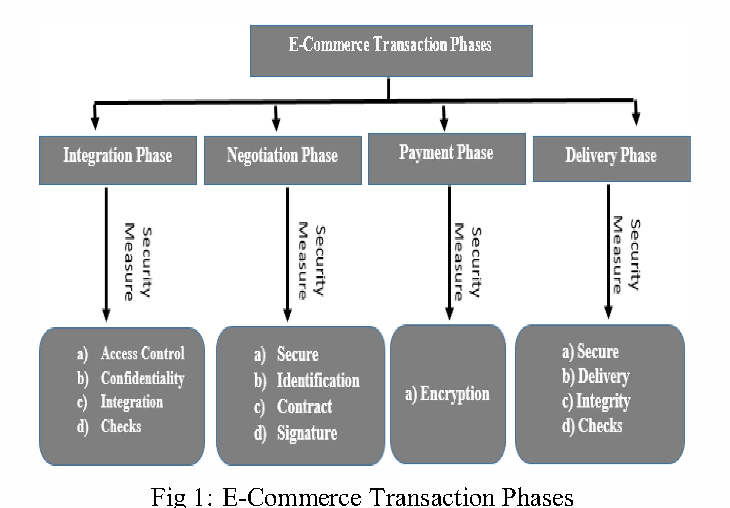
SSL certificates have several common fields. These are keyUsage extension and accessMethod. The most important field is keyUsage extension. Other common fields include keyPath (the organization name) and keyPath (the keyUsage extension). This information can be found in the Common fields for SSL certificates article. This article also includes information about keyUsage, accessMethod and Organization Validation certificates.
Common fields in SSL certificates
There are several fields that are common to SSL certificates. The first one is the certificate's signature algorithm, which contains the hashing and encryption algorithms. The certificate's body is the second field. It is encrypted and hashed using the issuer’s private key. These fields serve to identify the issuer.
SSL certificates contain an optional field called Subject Alternative Names. The SAN field includes the domain names for certificates. One certificate can have multiple SAN field, sometimes called Subject Alternative Name (SAN), and Unified Communications Certificatessss (UCC). SSL clients often ignore the SAN fields, but they are useful for web servers or clients.

Another important field that makes SSL certificates useful is the validation level. Some certificates need higher levels of validation than other. Domain validation is the minimum level required for validation. Higher-level validations will require extensive background investigation. Although all three levels of validation offer the same level TLS encryption, the verification of an organization's identity is different. Domain validation requires web site owners to prove they own the domain. This can be done by sending an email or altering a DNS record. The entire process is usually automated.
KeyUsage Extension for EV Certificate
An EV certificate's keyUsage extension specifies an additional purpose. This extension allows applications to identify the correct key to verify a signed document. This extension may be critical or noncritical, and it should only be used by the application for the specified purpose.
These certificates are especially useful for websites with high profile, as they are often the targets of phishing attacks. These websites may include major banks, technology companies, and retailers. These websites should be protected by SSL/TLS certificates.
This extension is most commonly used to sign an object signing certificate. However, the same principle applies for a client certificate. The keyUsage field should be unique and in a dot-separated numeric component notation. EV certificates must also comply with the rules specified by ISO, which are known as Object Identifiers.

AccessMethod extensions for Organization Validation Certificates
For secure access to the internet, Organization Validation certificates can be used. They provide a level of security beyond the domain name level, and are usually stored in a file format that the certificate issuer specifies. These certificates are encrypted and compatible to most server and user agents software. A certificate of Organization Validation can only be used if the entity that requested it is legitimate, operational, and has control of the domain's hosting server.
accessMethod extend defines the format that issuer information can accessed. It is part the PKIX Part 1 specification. It must match the key ID of the CA.
FAQ
How much does it cost for a website to be built?
This question will depend on your goals for your website. Google Sites may not be required if you simply want to provide information about yourself or your company.
However, if visitors are serious about coming to your site, they will be willing to pay more.
A Content Management System (like WordPress) is the best solution. These programs make it easy to create websites without any programming knowledge. This is because the sites are hosted and maintained by third-party companies. You don't have any risk of being hacked.
Squarespace is another way to create a website. There are a number of plans available, with prices ranging from $5 per Month to $100 Per Month depending on the features you wish to add to your website.
Can I make my website using HTML and CSS?
Yes, you can! You will need basic knowledge of web design and programming languages like HTML (Hyper Text Markup Language) and CSS (Cascading Style Sheets). These two languages allow you to create websites that can then be viewed by anyone who has access to your internet connection.
What Should I Include in My Portfolio?
These things should make up your portfolio.
-
Some examples of your past work.
-
If possible, links to your site
-
These are links to your blog.
-
Links to social media profiles
-
Other designers' online portfolios can be found here.
-
Any awards that you have received.
-
References.
-
Get samples of your works.
-
Links showing how you communicate with clients.
-
These links show that you are open to learning new technologies.
-
Links showing that you're flexible.
-
These links show your personality.
-
Videos showing your skills.
Web development is hard?
Web development can be difficult, but there are many online resources to help you get started.
Just find the right tools, and then go through each step.
There are many tutorials available on YouTube and other platforms. You can also download free software online like Sublime Text or Notepad++.
Books are also available in libraries and bookstores. These are some of the most well-known:
O'Reilly Media presents "Head first HTML & CSS".
O'Reilly Media's Head First PHP & MySQL 5th edition
Packt Publishing - "PHP programming for absolute beginners"
I hope this article helps you!
Should I hire someone to design my website or do it myself.
Don't pay for web design services if you want to save money. If you need high quality results, it may not be worthwhile to hire someone else to build your website.
You can build websites yourself without paying for professional designers.
If you're willing, you can learn how you can make a site that is beautiful using free tools like Dreamweaver.
It is possible to outsource your project to a freelance web developer, who will charge by the hour rather than per-project.
Which website builder should I use?
It is best to start small in order to establish a web presence. If you have the time or resources to create a complete site, do so. Start with a basic blog, even if your budget is limited. As you develop your website design skills, you can always add additional features.
You should first set up your primary domain before you begin building your first website. This will provide a point to which you can publish content.
How much do web developers make?
A website is a project you can work on for your own money. You'll likely make $60-$80 an hr. You can charge more if you're an independent contractor. A typical hourly rate for a freelancer could be between $150 and $200.
Statistics
- When choosing your website color scheme, a general rule is to limit yourself to three shades: one primary color (60% of the mix), one secondary color (30%), and one accent color (10%). (wix.com)
- Did you know videos can boost organic search traffic to your website by 157%? (wix.com)
- Is your web design optimized for mobile? Over 50% of internet users browse websites using a mobile device. (wix.com)
- Studies show that 77% of satisfied customers will recommend your business or service to a friend after having a positive experience. (wix.com)
- In fact, according to Color Matters, a signature color can boost brand recognition by 80%. There's a lot of psychology behind people's perception of color, so it's important to understand how it's used with your industry. (websitebuilderexpert.com)
External Links
How To
What is website Hosting?
Website hosting refers simply to the place that people visit when they visit a website. There are two types.
-
Shared hosting - This is the cheapest option. Your website files reside on a server controlled by someone else. Customers visit your website and send their requests over the Internet to this server. You then receive the request from the owner of the server.
-
Dedicated Hosting - This option is the most costly. Your website will reside on a single server. There are no other websites sharing space on the server. Your traffic remains private.
Because it is less expensive than dedicated hosting, shared hosting is preferred by many businesses. With shared hosting, the company that owns the server provides the resources needed to run your website.
There are pros and disadvantages to each option. These are the key differences between them.
Pros of Shared Hosting
-
Lower Cost
-
It's easy to set up
-
Frequent Updates
-
It is possible to find it on many web hosting companies
You can get shared hosting for as low as $10 per monthly. Keep in mind, however, that bandwidth is usually included in the price. Bandwidth is how much data you can transfer to the Internet. You may have to pay extra for large amounts of data, even if your blog only contains photos.
You'll soon realize why your old host cost so much once you get started. The majority of shared hosts offer limited customer support. Although their techs may help you with setting up your site, it's not a common practice.
Providers that offer 24-hour customer support are worth looking into. They will attend to any issues you have while you sleep.
Cons of dedicated hosting
-
More Expensive
-
Less common
-
Requires Special Skills
With dedicated hosting, you get everything you need to run your website. You won't have worry about whether your website is using enough bandwidth, or whether it has enough RAM (random-access memory).
This means that you'll spend a bit more upfront. However, once you start running your business online, you'll find that you won't need much technical assistance. You will become an expert in managing your servers.
Which Is Better for My Business?
The answer depends on what kind of website you want to create. Shared hosting is best for those who only need to sell products. It's easy to set up and maintain. Because you share a server, you will most likely receive frequent updates.
However, dedicated web hosting is the best way to build a community around you brand. Instead of worrying about your traffic, you can build your brand while still being able to concentrate on your business.
Bluehost.com is a web host that offers both. They offer unlimited monthly data transfers and 24/7 support. You can also register domain names for free.